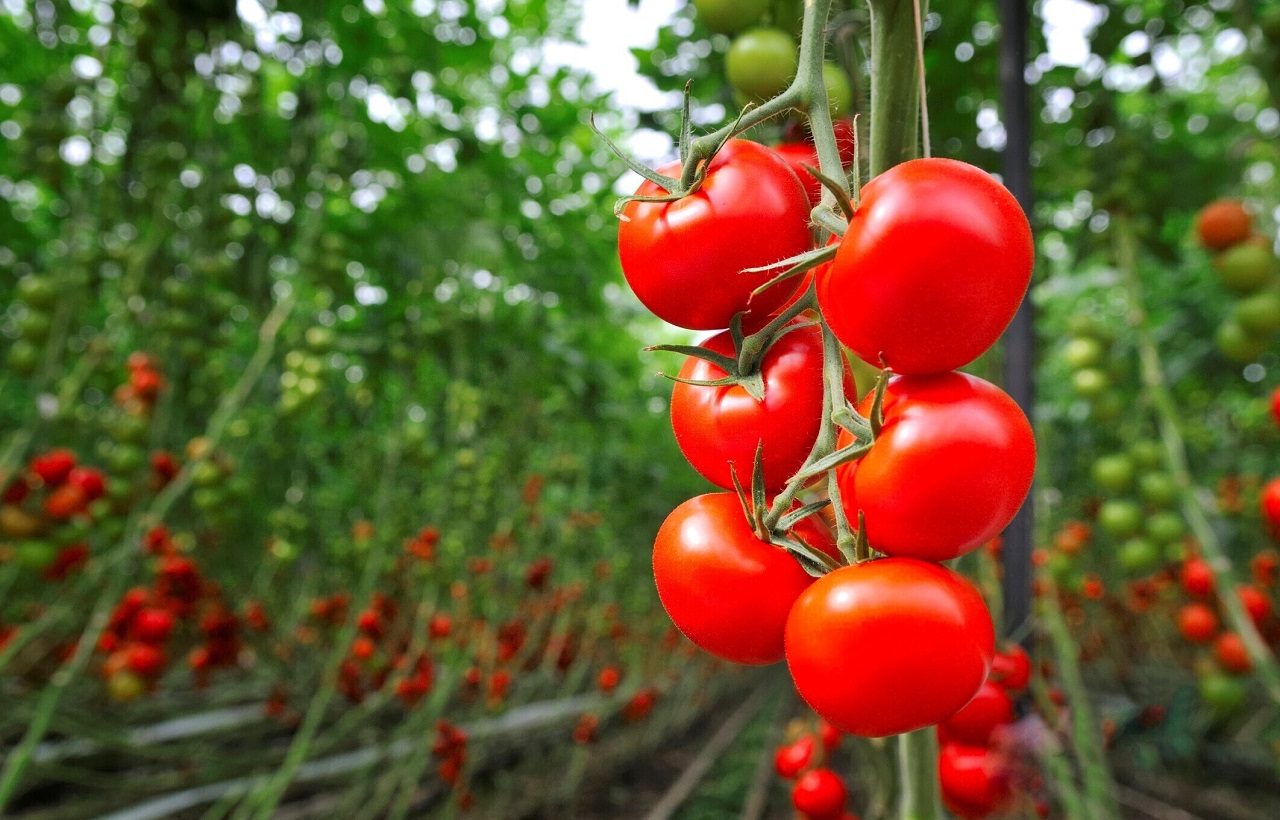Electronic flag – Rabat
The economic policy pursued by Morocco in recent years has enabled the development of its exports of vegetables and fruits to a number of destinations, the European Union in particular, where tomatoes come at the forefront of the national products that sweep the European market.
In this context, the Dutch website “AgroberichtenBuitenland”, which specializes in agricultural reports, reported that the Kingdom of Morocco has become the second largest supplier of tomatoes to the European Union, stressing that Morocco has surpassed both Spain and the Netherlands in terms of its tomato exports to the United Kingdom, which is imposed on Spain, according to The same source, improving the yield and quality of its agricultural products from this substance and improving the competitiveness of the Spanish tomato sector.
And the same site suggested that the Netherlands would regain its competitiveness and productivity in the next season, explaining that the key to the survival of the Spanish agricultural sector is not the production of large quantities of tomatoes, but rather the production of a better and quality product through the benefit of Spanish farmers from their proximity and reliability by signing agreements with the owners of companies. Marketing and retail dealers.
The same source pointed out that the Spanish tomato crop has lost a large proportion of hectares and experienced a decline in recent years due to “the growing competition from Morocco, which has increased the volume of its tomato exports to the European Union, which was the main destination for Spanish tomatoes.”
The report highlighted that Morocco has more than tripled the total area of greenhouse tomato production, amounting to about 14,000 hectares during the last decade, which helped it export last year more than 740,000 tons of tomatoes, more than 557,000 of which are to the European market alone. Especially Britain, stressing that Rabat exported more than 82,000 tons to the latter, compared to the figure recorded in 2017 of 49,000 tons, up to July of last year, surpassing the Netherlands, which exported 77,000 tons of tomatoes to London and Spain 41. thousand tons.
The Dutch site provided an explanation for the agricultural expert, Thomas García Azcarte, in which he states that the inability of the Spanish product to compete with its Moroccan counterpart is mainly due to the partnership agreement between the European Union and Morocco, noting that the main protection mechanism for the European product is the reference price that must be taken into account by imported products. And this is through the preferential privileges that Morocco has in this regard, as it is possible to reduce the reference price for a certain share if it comes to Moroccan products.
García Azcarte stated that a number of European trade organizations and bodies had called for the need to review the regulations for importing tomatoes from Morocco. This is because Brussels had previously changed the method of calculating the market price for Moroccan tomatoes at the request of Rabat, despite the opposition of Italy and Spain.
The agricultural expert admitted that it is difficult to take such a measure, despite the importance of conducting a review to assess the effects of this, referring to the strategic importance of Morocco to the European Union in a number of files, such as the migration file and the fight against extremism and terrorism.
